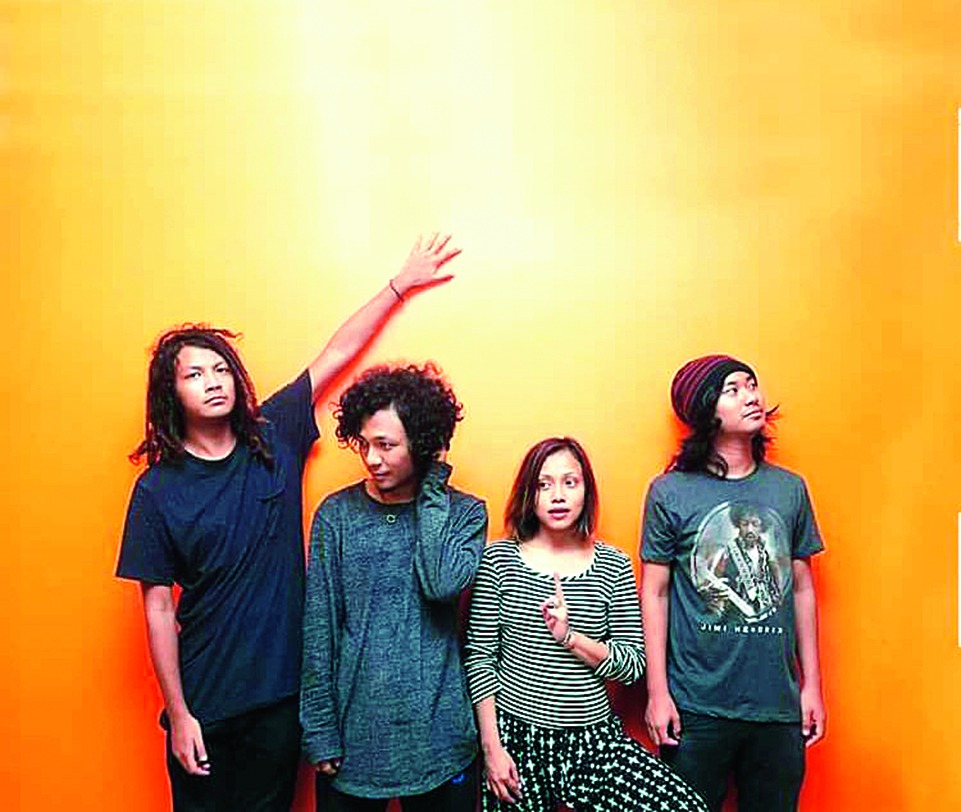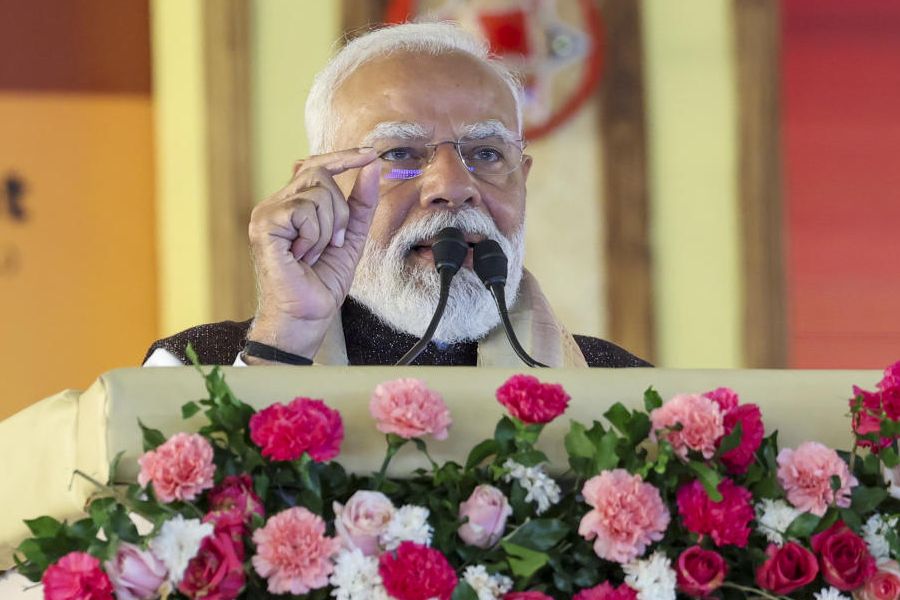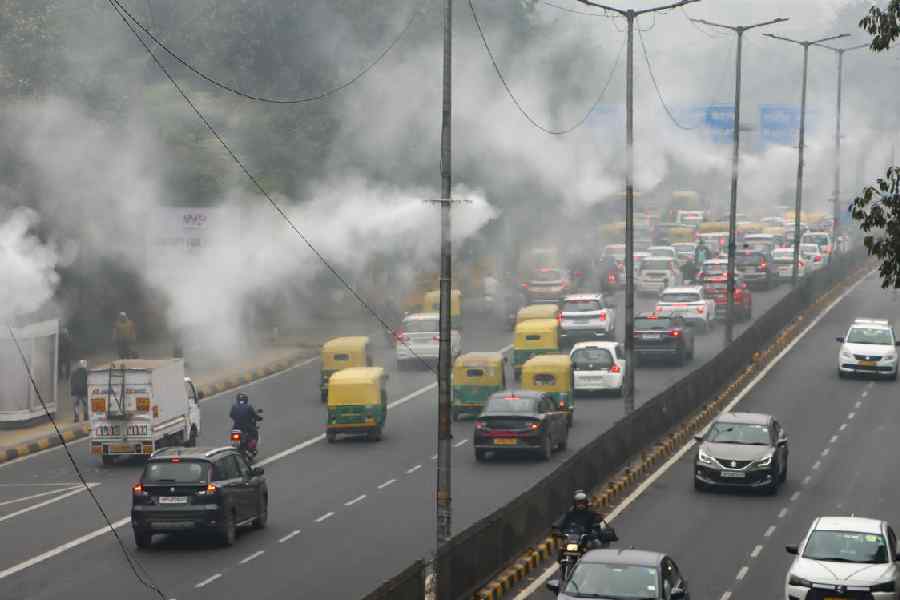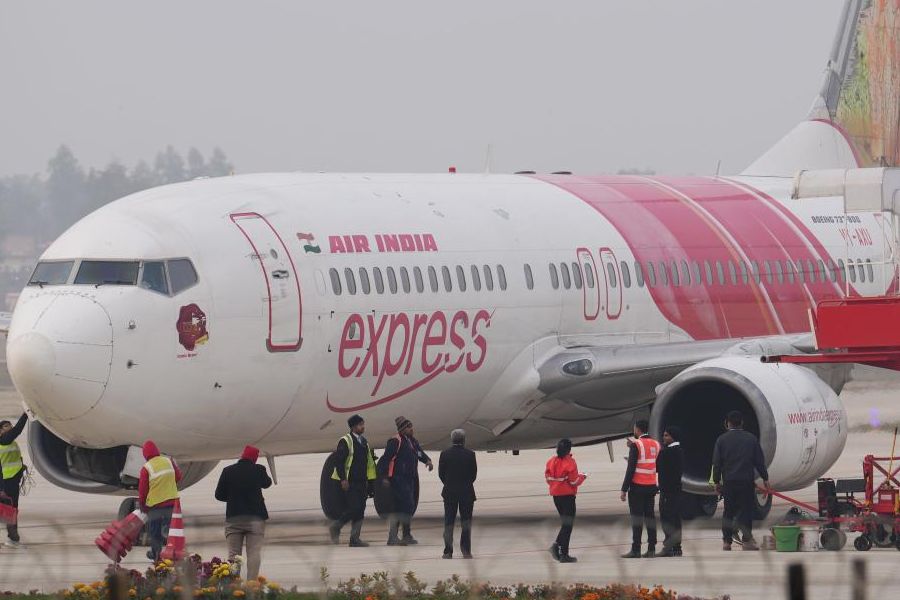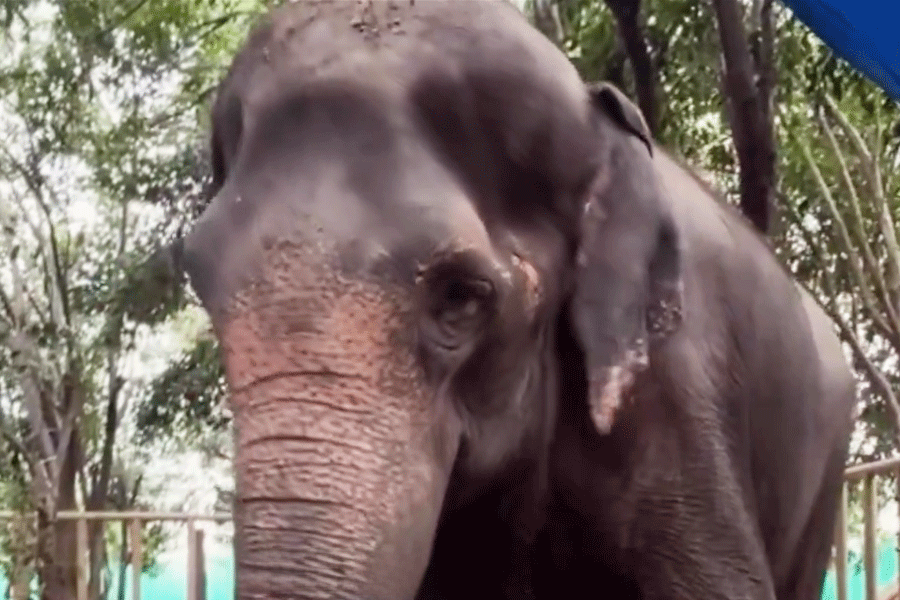 |
| Ratan Thiyam speaks in Doimukh on Tuesday. Telegraph picture |
Doimukh, Oct. 8: Veteran theatre personality Ratan Thiyam has slammed the lack of an art and culture policy in the country.
Expressing dismay over the current state of affairs of theatre in India, he said yesterday, “Tribal and folk art forms have not been given attention.”
The Padmashri from Manipur and National School of Drama (NSD) chairman called for inclusion of theatre in syllabuses of schools and universities.
Thiyam was delivering the first Bhupen Hazarika Memorial Lecture at the Rajiv Gandhi University (RGU) here, organised in collaboration with Gauhati University.
Stating that theatre is “a vehicle of expression of our socio-political consciousness”, he voiced his angst over the lack of planning to promote art.
“Quality is often compromised in the absence of a proper policy. There is no serious policy to promote art in the country despite its rich history,” he said.
“Even in the absence of funds, theatre in India has grown,” he added.
Praising the rise of regional theatre, Thiyam attributed the phenomenon to “hard work and talent that can be found in every part of the country”.
Not one to mince words, Thiyam said it was “absurd that there is no national theatre complex in India”.
Thiyam also struck a chord with the audience saying he felt “fortunate to be from the Northeast” and that the region was “home to indigenous forms of art completely independent from Western expression”.
He also warned about people’s extreme dependency on non-renewable energy and technological comforts.
While Thiyam chose to cover a wide range of subjects in his keynote address, other guest speakers constantly referred to the ties between Assam and Arunachal Pradesh.
Prof. A.K. Bhagabati of the Guwahati-based Bhupen Hazarika Memorial Committee remarked that just as rivers from the hills flow into the plains, the ties that bind the two states cannot be denied. He said the event was an attempt to strengthen the bridge that Hazarika had built between the two states. Relations between Assam and Arunachal have become strained in the past few years with inter-state boundary disputes often escalating to violence and deaths. In January this year, clashes along the Behali-Tarasso area resulted in 10 people losing their lives followed by an economic blockade in Assam.
Keeping in mind such realities, Prof. Bhagabati, who earlier was vice-chancellor of RGU and was associated with Gauhati University, said it was fitting that he should be here to link the two states, which have suffered of late.
Tomorrow, Swedish journalist and author Bertil Lintner will deliver the keynote address on “media’s role in facilitating peace in conflict situation in Northeast India and neighbouring countries” at RGU from 10am.

